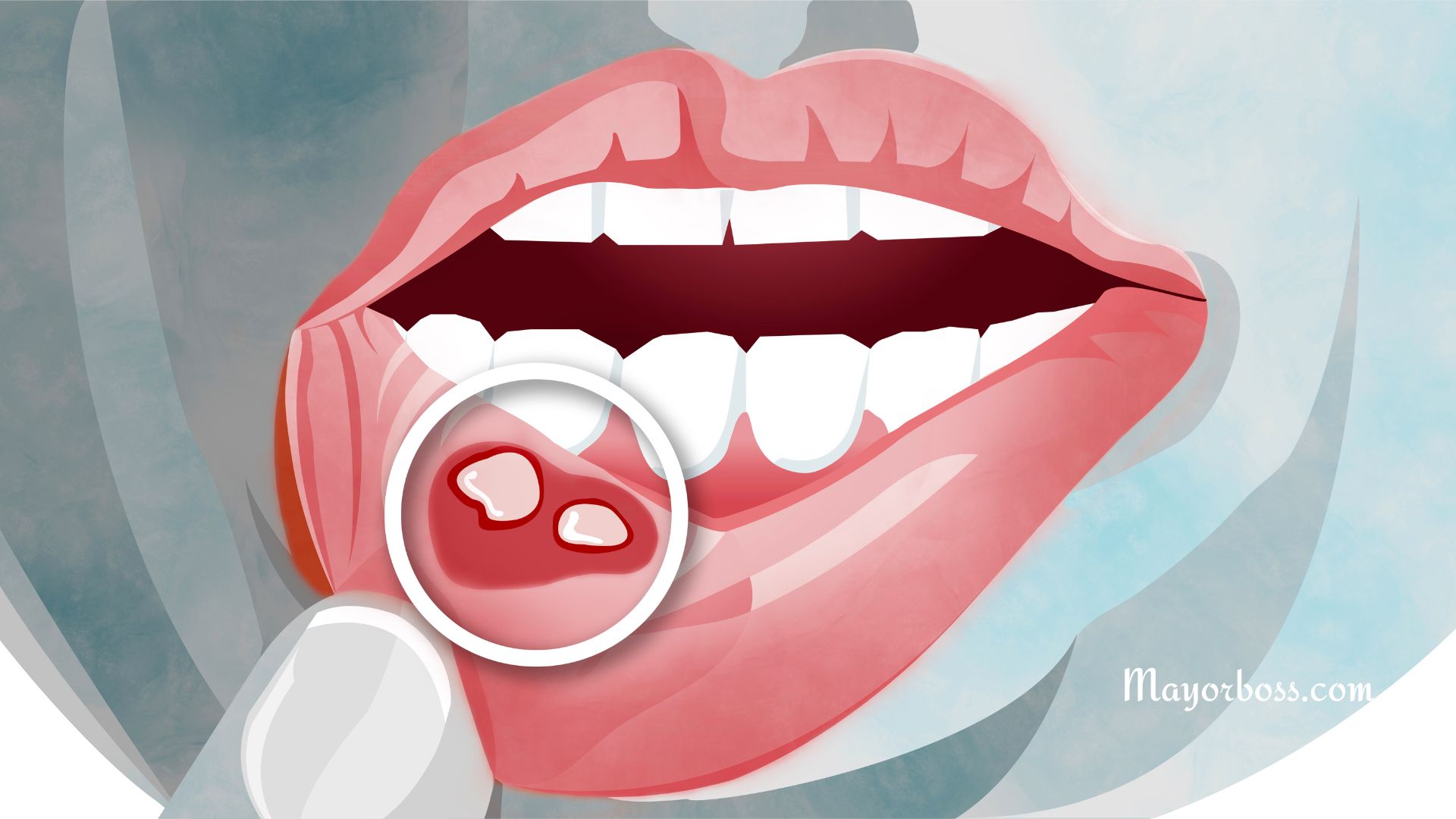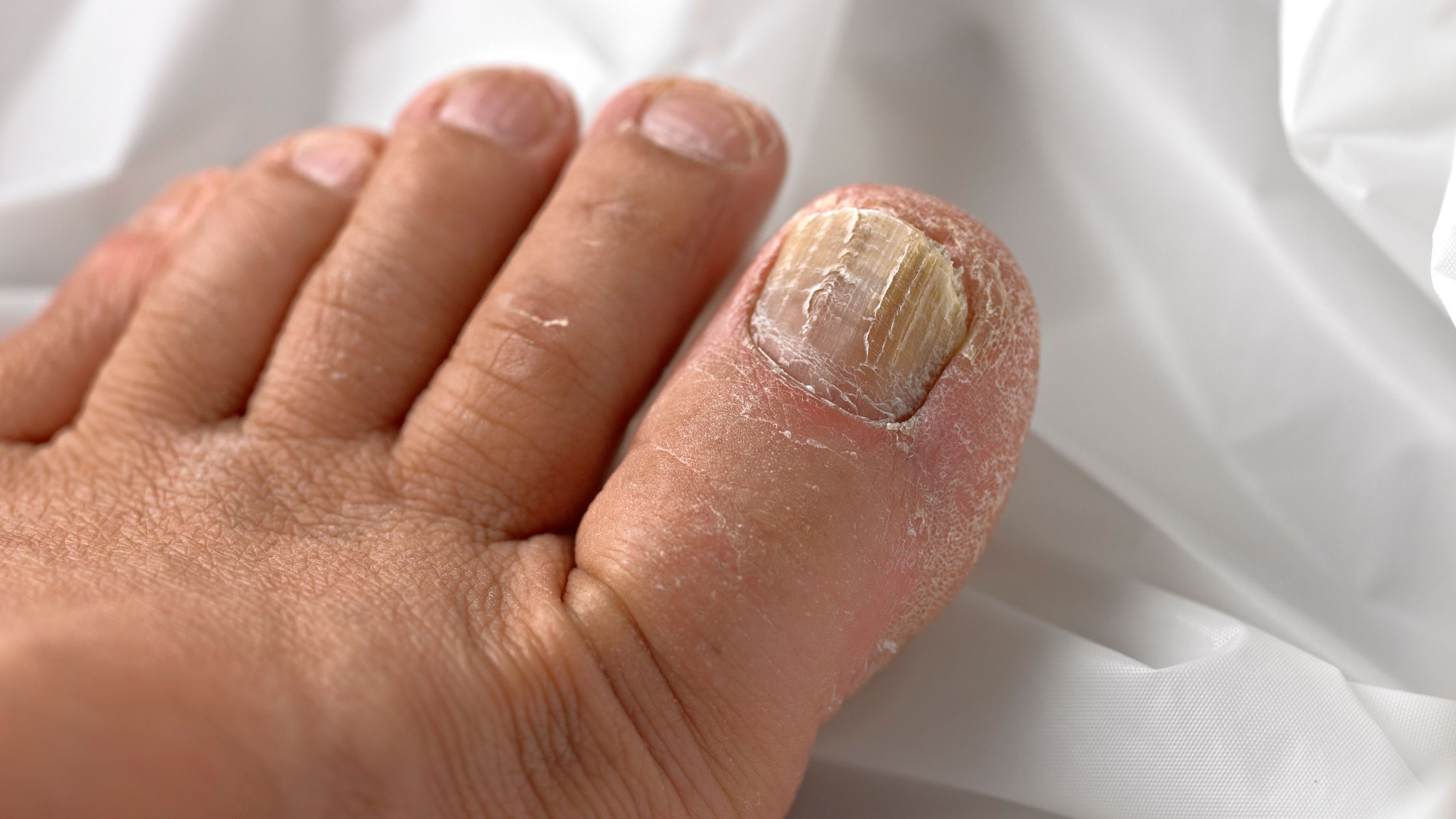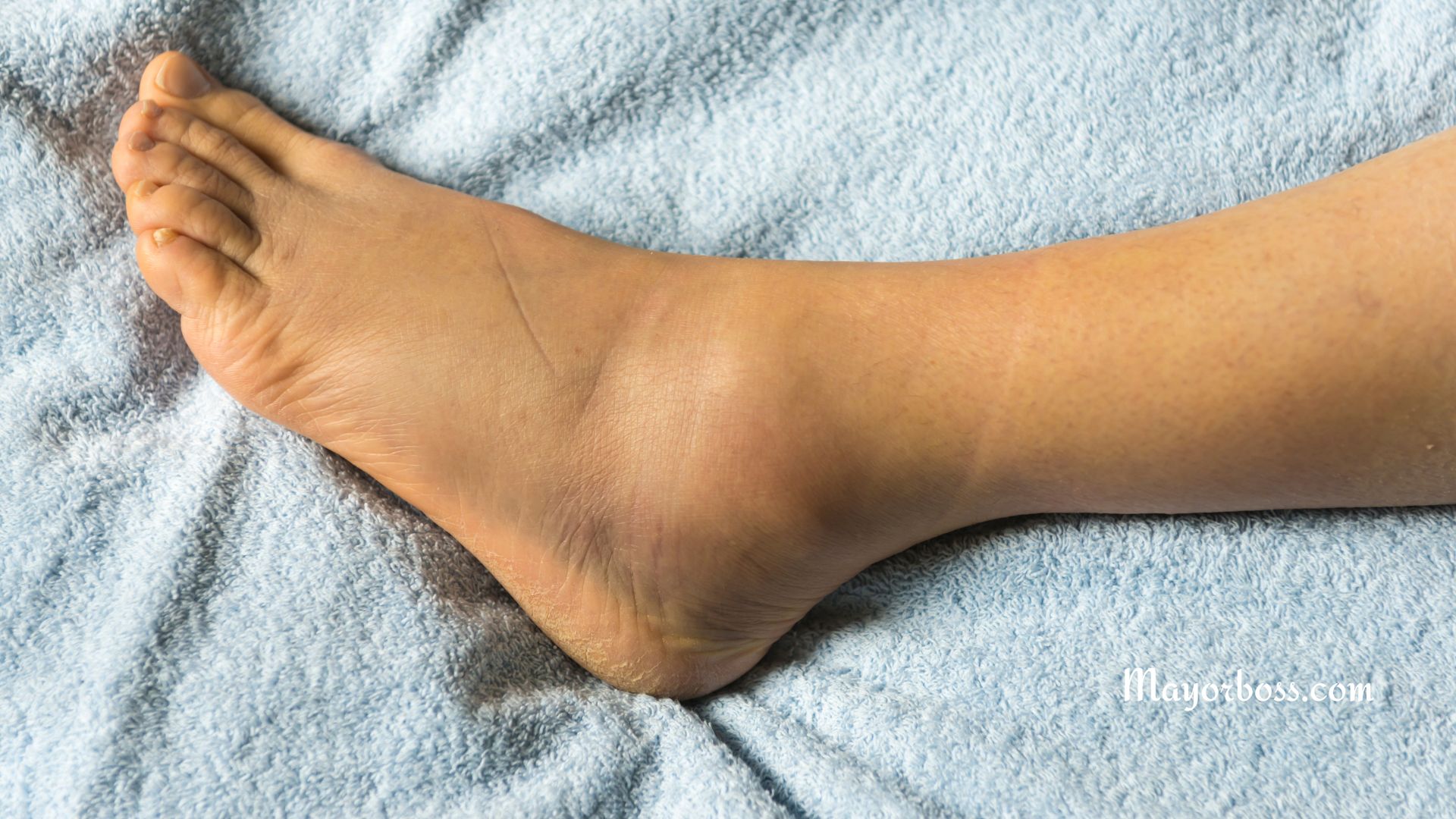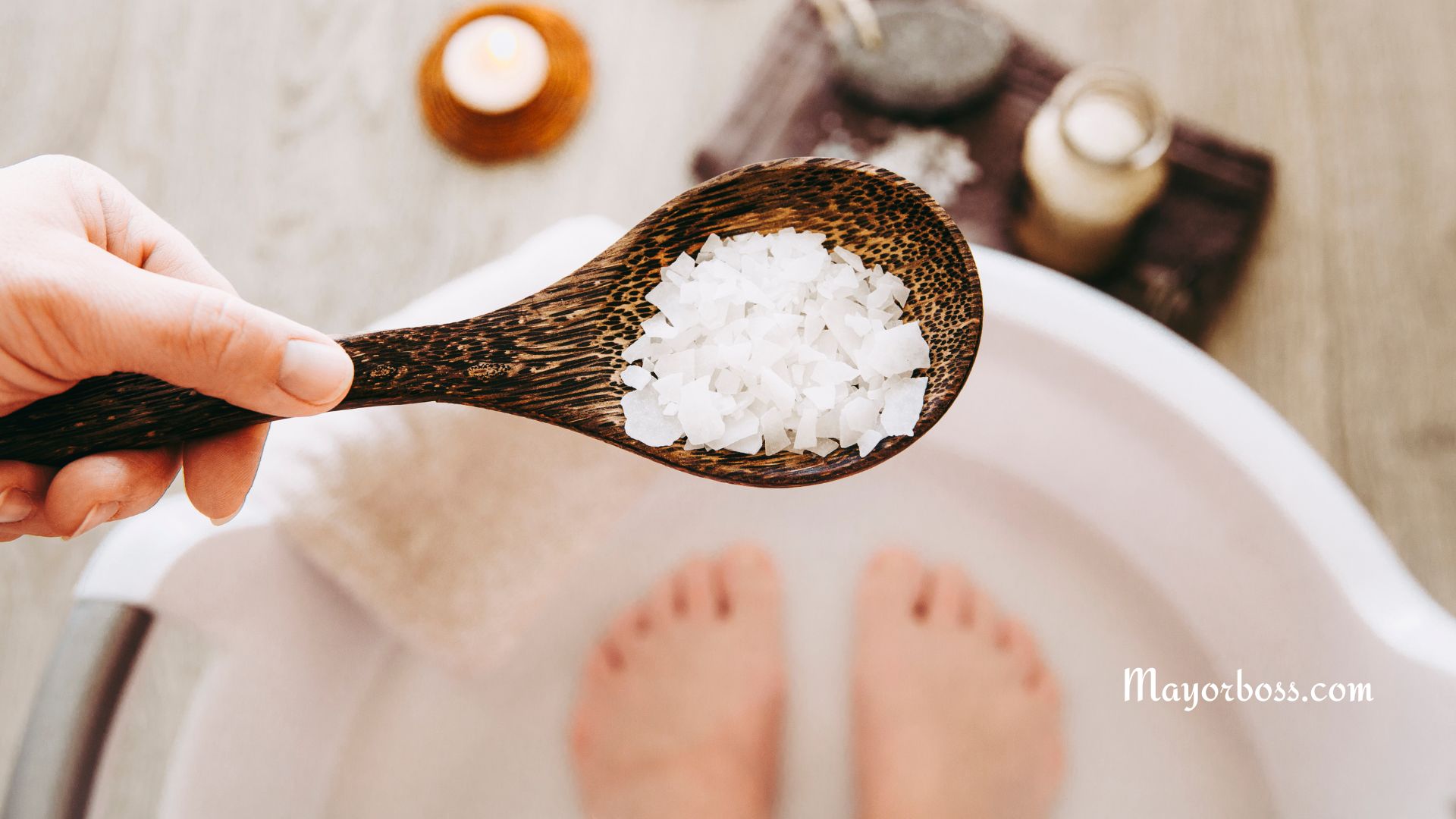How to Stop a Runny Nose: 10 Home Remedies That Work
A runny nose (or rhinorrhea) can feel like a faucet that will not stop dripping. It often comes with sneezing, a stuffy head, and watery eyes. This troublesome symptom usually appears when you catch a cold, have allergies, or a viral infection (like a cold or the flu). A runny nose generally goes away on its own, though certain treatments can improve it.
In this article, I will show you some safe and simple home remedies. Each remedy has been tested over time and trusted by many. They do not require you to reach into the medicine cabinet, and you can find most of the ingredients right in your kitchen or local store.
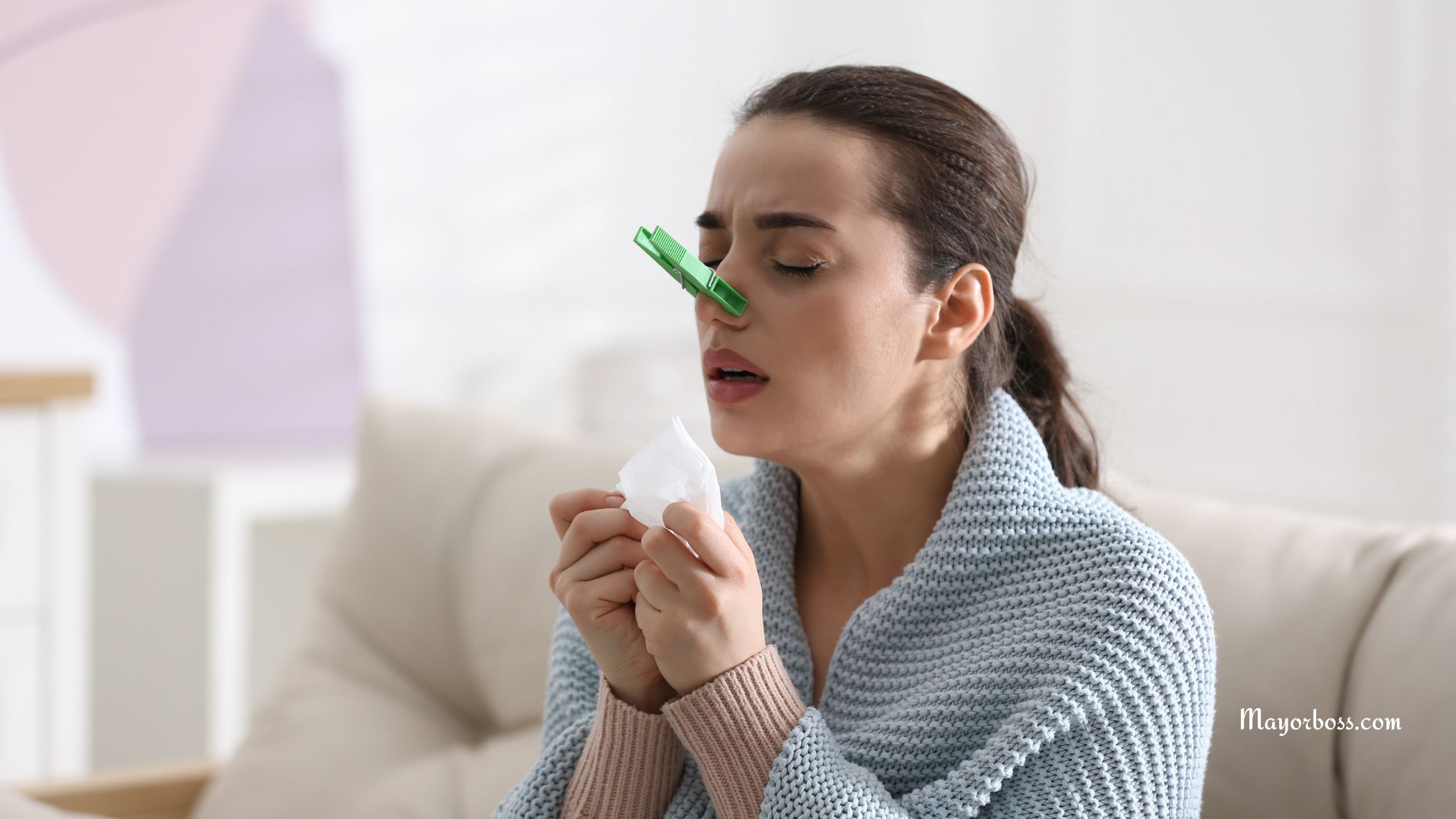
Before we commence, keep in mind that if your nose is running for more than a week or if it comes with a fever or pain, you may need to see a doctor. For most mild cases, however, the following suggestions should help you feel more like yourself again.
1. Warm Steam Inhalation
Steam inhalation is one of the oldest and easiest methods. Hot, moist air helps loosen thick mucus and clear your nasal passages. To try this, fill a heatproof bowl with steaming water. Drape a towel over your head to trap the steam. Inhale gently for about five minutes. Be careful not to get too close to the water to avoid burns. Adding a drop or two of eucalyptus oil can make it even more helpful. This oil has a soothing scent and can help open your airways. Breathing in warm steam once or twice a day might bring quick relief.
2. Saline Nasal Rinses
A saltwater solution, also known as a saline rinse, can help flush away irritants and thin out mucus. You can buy pre-made saline sprays at a pharmacy or prepare your own solution at home. To make it, mix about half a teaspoon of salt with one cup of warm, distilled water. Use a clean nasal syringe or neti pot to gently pour the solution into one nostril and let it flow out the other. This may sound odd, but many people swear by it. It clears nasal passages and provides great relief.
3. Warm Compresses
A simple warm compress placed over your nose and forehead can help open nasal passages. Soak a clean cloth in warm (not hot) water, wring it out, and place it over the bridge of your nose. The warmth helps reduce inflammation and encourages mucus to drain. You can use this method several times a day. It feels comforting and can soothe tender skin.
4. Hydration
Drinking enough water is vital. When you have a runny nose, staying well-hydrated helps thin the mucus, making it easier to clear from your system. Aim for at least eight glasses of water a day. Warm liquids, like herbal teas or chicken broth, can be extra soothing. The warmth calms the throat and may reduce irritation. Proper hydration supports your body’s natural healing powers and often makes a noticeable difference.
5. Spicy Foods (In Moderation)
If you have ever eaten a hot pepper and noticed your nose start to run, you know that spicy foods can affect the sinuses. Foods like chili peppers, hot mustard, or horseradish can help clear nasal passages. But use this remedy carefully. A little spice might break up thick mucus, but too much could cause more irritation. If you enjoy a bit of heat in your meals, this might be a fun and tasty way to find relief.
6. Honey and Lemon
A warm cup of water mixed with a spoonful of honey and a squeeze of fresh lemon juice can do wonders. Honey, known for its soothing qualities, can help coat your throat and calm irritation. Lemon provides vitamin C, which supports your immune system. Together, they create a comforting drink that may help reduce the severity of your runny nose. This gentle remedy is pleasant, safe, and easy to prepare.
7. Elevate Your Head
Sometimes, helping a runny nose is as simple as changing your sleeping position. If you lie flat, mucus can accumulate in your nasal passages. Propping up your head with an extra pillow may encourage mucus to drain properly. This small change might help you breathe more easily at night, ensuring you get the restful sleep you need to recover.
8. Use a Humidifier
Dry air can make nasal passages sore and increase irritation. A humidifier adds moisture to the air, which can ease congestion and reduce a runny nose. Make sure to keep your humidifier clean to avoid bacteria or mold growth. Run it in your bedroom at night or in any room where you spend a lot of time. Breathing moist air can provide comfort, especially during winter months when indoor air is often dry.
9. Herbal Teas and Warm Soups
According to scientific studies, herbal teas like peppermint or chamomile can soothe irritated nasal passages. Peppermint’s menthol scent can help open your airways. Chamomile may calm inflammation. Warm soups, especially clear broths, help keep you hydrated and provide nourishment. Breathing in the steam from a warm bowl of soup may help clear your nose, and sipping it slowly can ease throat irritation. Both teas and soups are simple ways to find comfort when your nose will not stop running.
10. Over-the-counter decongestants
If home remedies are not enough, you might consider an over-the-counter medication like a nasal decongestant spray or tablet. These products are designed to shrink swollen tissues in your nose and may quickly reduce the flow of mucus. However, use them carefully and only as directed. Some nasal sprays should not be used for more than a few days in a row. If you have questions, ask a pharmacist or healthcare professional for advice.
When to Seek Medical Help
Most runny noses clear up on their own within a week. If yours lingers longer, or if you experience severe headaches, high fever, or facial pain, it might be time to visit a doctor. A healthcare professional can rule out more serious conditions, such as sinus infections or allergic reactions, that require treatment with prescription medicine. Keep in mind that it is better to be safe than sorry. Quick attention to worrisome symptoms can help you recover faster.
Final Thoughts
A runny nose can be a bother, but it is rarely a cause for alarm. With these ten home remedies, you have many options to find the right fit for your situation. Start by staying hydrated, using warm compresses, and breathing in steam. If that is not enough, try a saline rinse or a humidifier. Each remedy works in its own way, but all share the same goal: to help you breathe more easily and feel more comfortable. Most importantly, give your body time to heal. With patience and proper care, you can stop that runny nose and get back to feeling your best.

